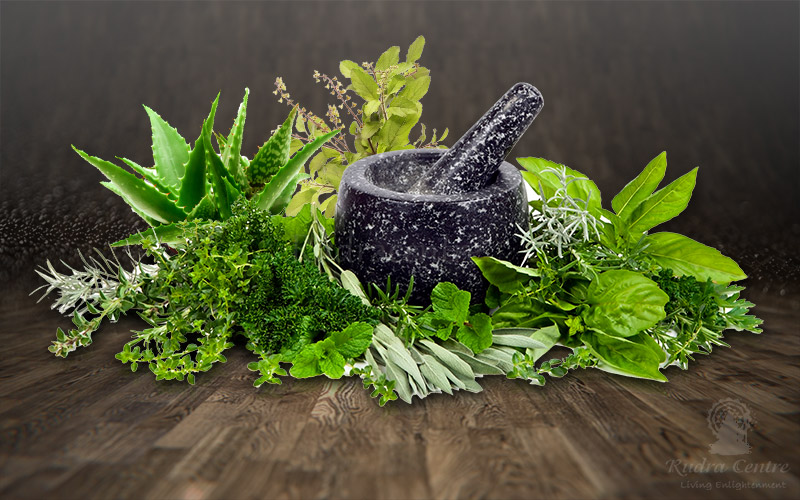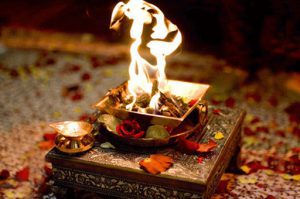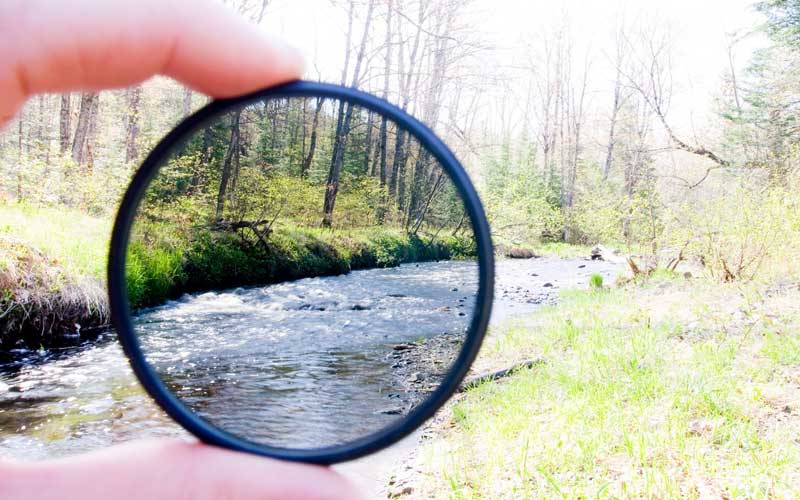
One of the greatest gifts humans have received from nature is the huge collection of herbs and spices. These herbs are used in flavouring food, as medicines and in perfumes as well. Herbs are glorified in the Tenth Mandala of the Rig Veda (10:97) in the following passage: ‘The tawny (herbs & spices) plants were born in the ancient times, three ages before the gods; now I will meditate upon their hundred and seven forms’. So there were hundred and seven forms of herbs. Unfortunately with the passages of time it is difficult to trace them all, but there are many popular herbs that you may grow in your home (Herb gardening). Following are the five most popular herbs that have many benefits.
Basil (Tulsi)
Tulsi is gloried by all the Vedas, prominently in Ayurveda for its spiritual as well as medicinal properties. It is best for using in food and for creating a refreshing atmosphere in your home.
Uses, medicinal properties and health benefits:
- Deodorizer, anti-arthritic, topical antioxidant, anti-inflammatory, and insect repellent.
- Offers vitamins A, K, and C, as well as magnesium, iron, potassium, and calcium.
Coriander:
There is hardly an Indian home where coriander leaves are not used. You may know these leaves only as taste enhancers, but they possess excellent medicinal properties.
Uses, medicinal properties and health benefits:
- Used in cooking. The roots can be used to flavour soup or serve chopped with salads, salsas and dips.
- Have an ample amount of antioxidant Vitamin C, help in digestion, and relieve inflammation (cause of gastric ailments).
- They energize blood sugar; reduce stress in the liver and pancreas. As a result, insulin is produced in a good amount as well as the digestion process is made smooth.
Parsley:
Given the rising pollution levels around us, it is important to have a good immune system. Parsley (ajmod in Hindi) is a natural anti-bacterial solution.
Uses, medicinal properties and health benefits:
- Considered in Ayurveda as a powerful antioxidant and anti-inflammatory agent, it helps in digestion and detoxification.
- It can boost your immune system and counteract bad breath.
- However, it MUST NOT be eaten by women during their pregnancy because it is known for causing uterine contractions and miscarriage.
Aloe Vera:
It is regarded as a multipurpose treatment herb. Called ‘kathalai’ in Ayurveda, it is an extract from the Agave plant. The plant is used widely in the traditional herbal medicine of many countries.
Uses, medicinal properties and health benefits:
- Rich in Vitamin C, E and beta carotene which gives it nourishing and anti-ageing qualities.
- Moisturizing the skin without making it greasy; this makes it a great buy for those with oily skin.
- Can be used in the winter as well as in the summer by people of all skin types.
- Can be used as a gel directly or can be mixed with other skin ingredients to make a pack.
Bael:
Belpatra or Bilva shares a very special connection with Lord Shiva. It is said that if a person prays to Lord Shiva with a clear mind and offers a Belpatra to the Shivling, the Lord blesses him/her with whatever he/she desires.
Apart from its spiritual significance, Bilva leaves also possess excellent medicinal properties.
- It is a healing tree which cures all diseases caused by vata (wind) and gives strength to the body.
- Grows in almost all parts of India, regardless of the nature of the soil.
- Regular consumption of bael helps in treating common digestive problems such as diarrhoea, constipation, cholera, haemorrhoids (piles) and many more.
- Scalp massage with the coconut oil having bael peel extract (boil bael peel in coconut oil) on regular basis provides relief from dandruff.
- Drinking juice of bael leaves (boil dried bael leaves in water) helps in reducing hypertension.
- Eating bael regularly during night after mixing it with sugar or honey helps cure tuberculosis.







